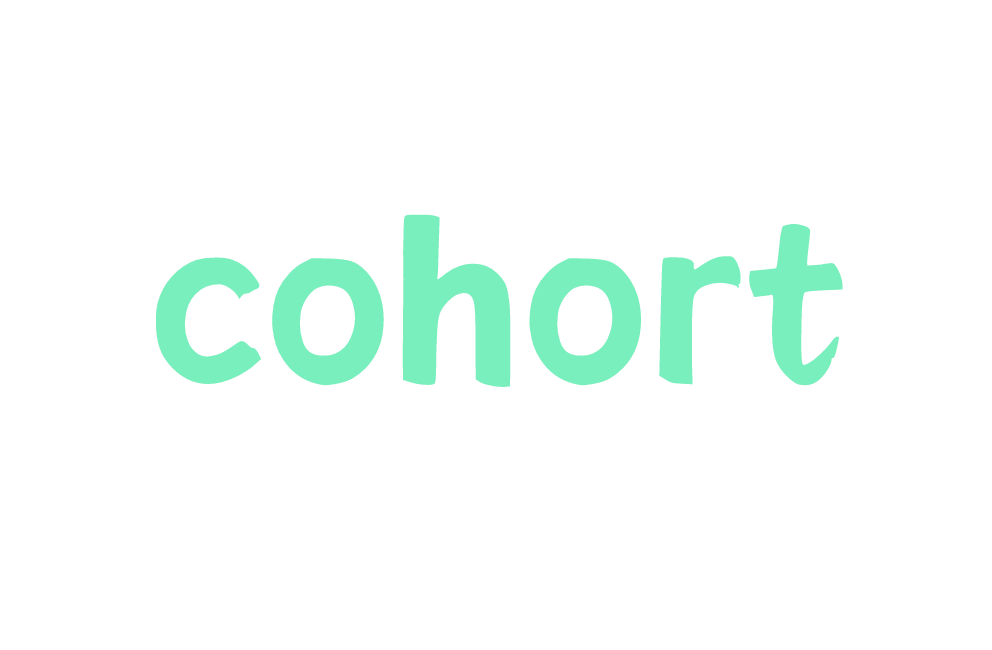
Why Traditional Interview Questions Are Failing Small Businesses
Small businesses don’t need employees who can run the playbook.
They need the people who will write it.
Yet most hiring managers are not trained to ask the interview questions that will uncover the traits a small business needs.
From our 20 years of hiring experience we have put together a list of non-standard interview questions that we would like to send you - for free, no catch. We’re nice like that. Just click here:
The Problem with "Tell Me About a Time When..."
Traditional competency-based questions like "Tell me about a time when you demonstrated leadership" or "Describe a challenging situation you overcame" sound professional, but they're actually screening for the wrong skills. These questions reward candidates who can craft compelling narratives about past experiences within established frameworks. They favour people who've worked in large organisations with clear processes and defined roles.
But small businesses operate differently. When you're a team of 15 people wearing multiple hats, you don't need someone who excelled at following a leadership development programme at a FTSE 100 company. You need someone who can figure out how to lead when there's no programme, no clear hierarchy, and no precedent for the challenge you're facing.
The Innovation Blind Spot
Here's what traditional interviews actually measure: storytelling ability, preparation skills, and experience working within existing systems. Here's what they miss: curiosity, adaptability, and the willingness to experiment when there's no roadmap.
The candidate who gives you a perfectly structured STAR-method response about resolving team conflict might seem impressive. But what about the candidate who admits they've never managed a formal team conflict resolution process, then immediately starts asking thoughtful questions about your team dynamics and brainstorming unconventional approaches? In a small business context, the second candidate is often more valuable.
Why Small Businesses Need Different Questions
Small businesses face unique challenges that require different thinking:
Resource constraints demand creativity. When you can't throw money or people at a problem, you need employees who can find clever workarounds and innovative solutions.
Rapid change requires adaptability. Market conditions, customer needs, and business priorities shift quickly in small companies. You need people who thrive in ambiguity, not those who need detailed job descriptions to function.
Limited specialization means broader thinking. Your marketing person might need to understand sales, operations, and customer service. You need candidates who can connect dots across disciplines, not just excel within narrow expertise areas.
No established processes mean building from scratch. When there's no HR department, no training manual, and no "way we've always done things," you need people who can create structure rather than just operate within it.
What to Ask Instead
Replace predictable questions with ones that reveal how candidates think:
Instead of "Tell me about your greatest weakness." try "What's something you're convinced you're good at that others might disagree with?" This reveals self-awareness and confidence in their own judgment.
Instead of "Where do you see yourself in five years?" ask "What's a widely accepted best practice in your field that you think is wrong?" This shows independent thinking and willingness to challenge conventional wisdom.
Instead of "Tell me about a time you showed leadership", try "Describe a time when you were the least qualified person in the room. How did you add value?" This reveals resourcefulness and confidence in ambiguous situations.
If you’d like a full and comprehensive list of interview questions please email matt@wearecohort.co.uk or use above link.
The Bottom Line
Traditional interview questions optimise for corporate experience and polished communication. Small businesses need to optimise for curiosity, adaptability, and creative problem-solving. The person who stumbles slightly whilst thinking through a novel scenario might be exactly who you need; someone who prioritises genuine thinking over perfect presentation.
Your next great hire might not have the best answers to standard questions.
They might be the one who makes you rethink the question entirely.
